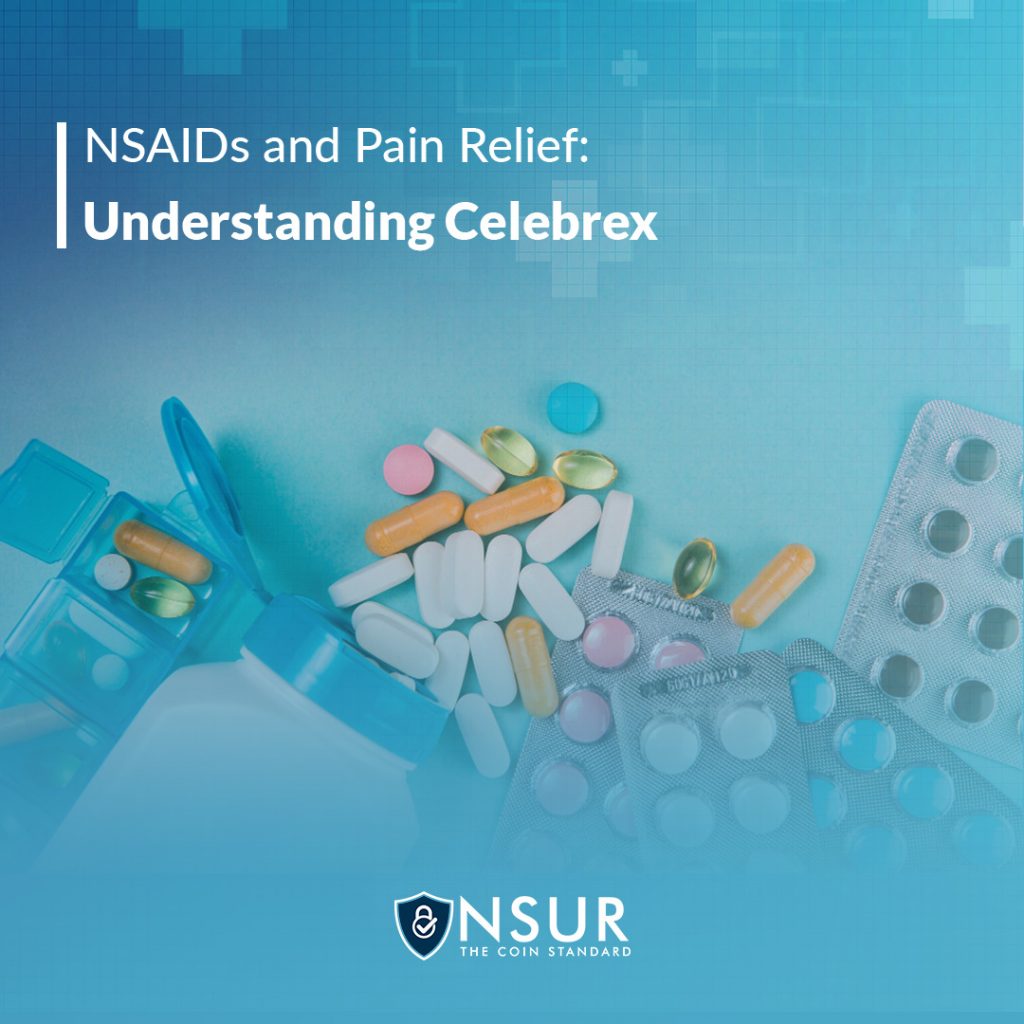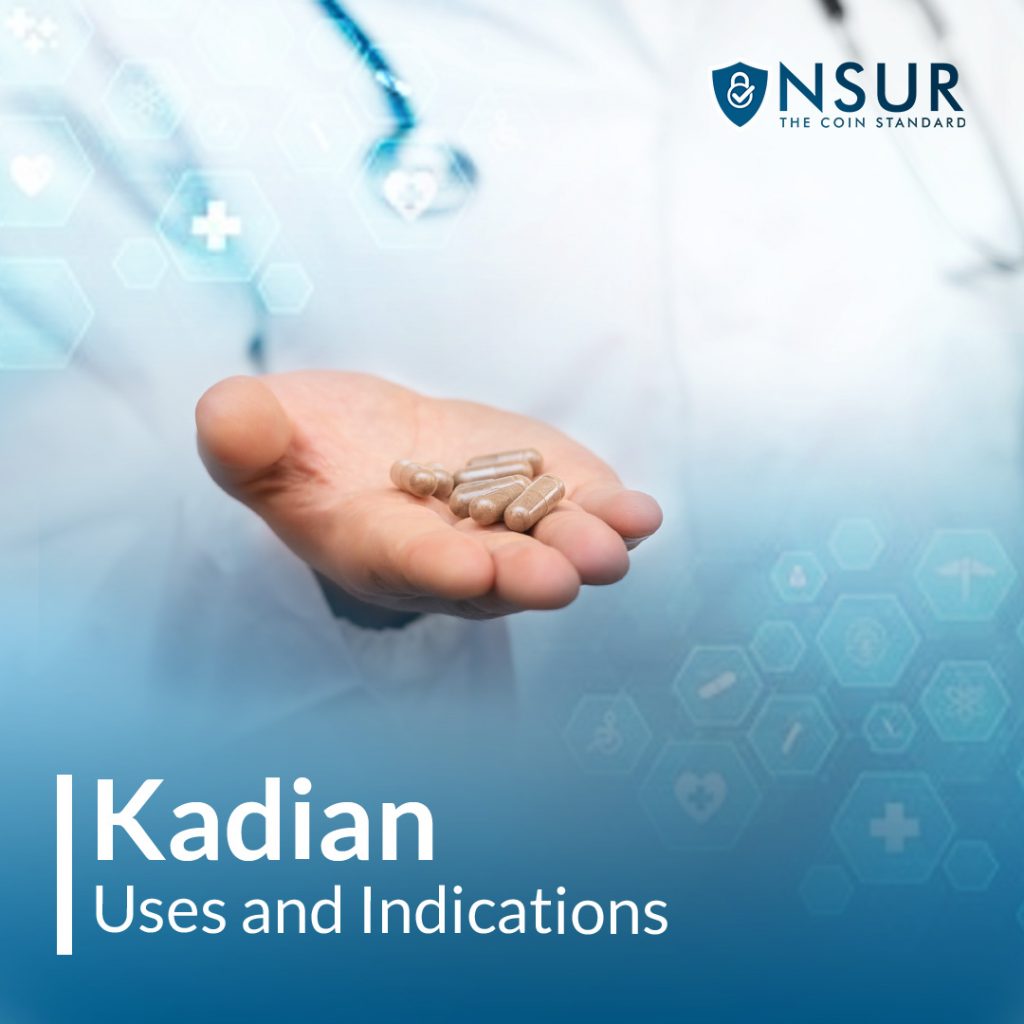
Maintaining a healthy balance of neurotransmitters in the brain is essential for optimal mental well-being. Serotonin and norepinephrine are two key neurotransmitters that play crucial roles in regulating mood and emotions. When imbalances occur, they can contribute to conditions such as depression and generalized anxiety disorder. To address these imbalances, medications like duloxetine are commonly prescribed. In this blog post, we will explore the use of duloxetine in balancing serotonin and norepinephrine levels, its benefits, potential side effects, and important considerations.
Understanding Duloxetine
Duloxetine, marketed under the brand name Cymbalta, is classified as a selective serotonin-norepinephrine reuptake inhibitor (SNRI). It works by increasing the levels of serotonin and norepinephrine in the brain, which helps to restore balance and improve mood.
The Role of Serotonin and Norepinephrine
Serotonin is a neurotransmitter associated with regulating mood, sleep, appetite, and overall well-being. Norepinephrine, on the other hand, is involved in the body’s stress response and plays a role in focus, attention, and alertness. Imbalances in these neurotransmitters can lead to symptoms such as persistent sadness, loss of interest, anxiety, and fatigue.
Benefits of Duloxetine
Duloxetine has been approved by the U.S. Food and Drug Administration (FDA) for the treatment of several conditions, including major depressive disorder, generalized anxiety disorder, and certain types of chronic pain such as fibromyalgia and diabetic peripheral neuropathy. By inhibiting the reuptake of serotonin and norepinephrine, duloxetine helps to increase the availability of these neurotransmitters in the brain, thereby improving mood, reducing anxiety, and alleviating pain.
Potential Side Effects
Like any medication, duloxetine can cause side effects, although not everyone experiences them. Common side effects may include nausea, dry mouth, constipation, drowsiness, and dizziness. It is important to discuss any side effects with your healthcare provider, as they may be able to adjust the dosage or suggest strategies to minimize discomfort. In rare cases, duloxetine may lead to more serious side effects such as liver problems or an increased risk of suicidal thoughts, especially in younger individuals. Close monitoring by a healthcare professional is necessary during treatment.
Take advantage of NSURx for your prescription drugs!
With the NSURx Prescription Benefit Card, you can save money on your medications at more than 35,000 pharmacies across the United States.
You can save up to 80% on your medication by using an NSURx card. Hundreds of dollars in savings could be yours every time you fill out your prescription.
The more you shop with NSURx, the more NSUR Coins you will receive as a reward.
Important Considerations
Before starting duloxetine or any medication, it is essential to have a thorough discussion with your healthcare provider. They will assess your medical history, current medications, and any potential interactions or contraindications. Inform them about any existing health conditions, such as liver or kidney problems, as these may affect the suitability of duloxetine for you.
Duloxetine is a medication that helps restore the balance of serotonin and norepinephrine in the brain. By addressing imbalances in these neurotransmitters, duloxetine can effectively treat conditions such as depression, anxiety, and chronic pain. However, like any medication, it is important to weigh the benefits against potential side effects and consider individual factors before starting treatment. If you or someone you know is struggling with these conditions, consult with a healthcare professional who can provide proper guidance and tailor treatment to your specific needs.
References:
- National Institute of Mental Health. (2021). Generalized Anxiety Disorder (GAD). Link
- U.S. Food and Drug Administration. (2020). Cymbalta (duloxetine): Highlights of Prescribing Information. Link
- Mayo Clinic. (2021). Duloxetine (Oral Route). Link
- Harvard Health Publishing. (2019). Balancing the benefits and risks of antidepressants. Link
- National Alliance on Mental Illness. (2021). Depression. Link
This blog post is intended for informational purposes only and should not be considered a substitute for professional medical advice. Always consult with a qualified healthcare provider for personalized recommendations and guidance.











